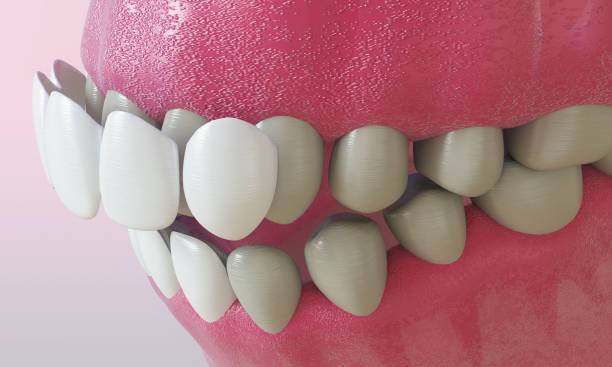The path to recovery from addiction is a transformative process that requires dedication, patience, and consistent effort. It’s a personal journey paved with challenges and triumphs. Whether you’re considering taking the first step or you’re already on your way, understanding what lies ahead can provide comfort and prepare you for the experiences to come. In this article, we explore the various phases of recovery and what individuals can anticipate as they embark on this life-changing trek.
Understanding the Recovery Journey: Setting Realistic Expectations

Initiating the recovery process is a courageous decision that speaks volumes about an individual’s desire for change. It’s essential to set realistic expectations when starting this journey. Recovery is not a quick-fix solution but rather a continuous path of self-discovery and growth. Missteps can occur, and recognizing them as part of the process rather than failures is crucial for progress. Each person’s experience with addiction is unique, and thus, the timeline for recovery will vary.
Recognizing early on that support is a necessity can shape the journey ahead. A luxury rehab center can be a smart investment. Investing in a luxury rehab program can be a wise decision for individuals seeking a comprehensive and comfortable approach to addiction recovery. The superior amenities, a wide range of therapies, personalized care, and comprehensive aftercare services offered by these programs combine to create an environment that promotes long-term sobriety and the development of healthier coping mechanisms.
Effective recovery programs understand the intricate nature of addiction and focus on individual needs. A one-size-fits-all approach does not address the personal factors that contribute to substance dependency. Tailored support and flexible strategies are integral in navigating the complex terrain of recovery.
The Role of Therapy and Counseling in Sustaining Recovery
Therapy and counseling are linchpins in the recovery process, offering a safe space to address the underlying issues that contribute to substance abuse. These practices foster self-awareness and promote healing from emotional wounds that may have fueled addiction. Therapists specializing in addiction understand the complexities of recovery and provide strategies to cope with stress, triggers, and relapse risks.
Counseling sessions can be an opportunity to rebuild shattered self-esteem and foster self-acceptance, both of which are vital components of sustainable recovery. For many, therapy advances the journey by revealing patterns of behavior and thought processes that must be altered for long-term sobriety.
Whether in individual, group, or family settings, therapy equips individuals with the tools needed to navigate life’s challenges without reverting to substance use. Engaging in therapy also encourages the development of healthy communication skills. Learning to express emotions and needs constructively can significantly improve relationships and reinforce a support network integral to continued recovery.
Building a Support System: Family, Friends, and Recovery Groups
A robust support system is a critical element of successful recovery. Family and friends who are educated on the intricacies of addiction can provide encouragement and understanding. They serve as allies in the ongoing battle against substance abuse and are often a source of motivation during difficult times.
However, it is equally important to respect boundaries and recognize that some relationships may need to be re-evaluated to safeguard one’s recovery. Support does not mean enabling, and healthy relationships are those that foster personal growth and sobriety. Often, this requires conversations about the nature of support and expectations from both sides.
Developing Healthy Habits for Long-Term Sobriety

Recovery extends beyond overcoming physical dependencies; it encompasses building a lifestyle that supports long-term sobriety. This involves developing healthy habits that reinforce well-being and provide alternatives to substance use. Regular exercise, a balanced diet, adequate sleep, and stress-management techniques are all pillars of a healthy lifestyle.
In addition to physical health, mental and emotional well-being are paramount. Practices like meditation, yoga, or mindfulness can enhance emotional resilience and provide tools to manage stressors and triggers. These methods also help in developing a stronger connection with oneself, which is necessary for introspection and growth.
Setting goals and engaging in meaningful activities bring structure and purpose to daily life. Whether it’s pursuing education, picking up a hobby, or volunteering, these activities fill the void that substances might have occupied and foster a sense of accomplishment and self-worth.
As this blog illustrates, the road to recovery is paved with challenges and opportunities for personal development. From understanding the initial steps of detox to building lasting healthy habits, those in recovery can look forward to a life rich with potential and purpose. By ensuring realistic expectations, seeking support, and cultivating a lifestyle that promotes sobriety, individuals can maintain their journey on the path to a fulfilling, substance-free life






